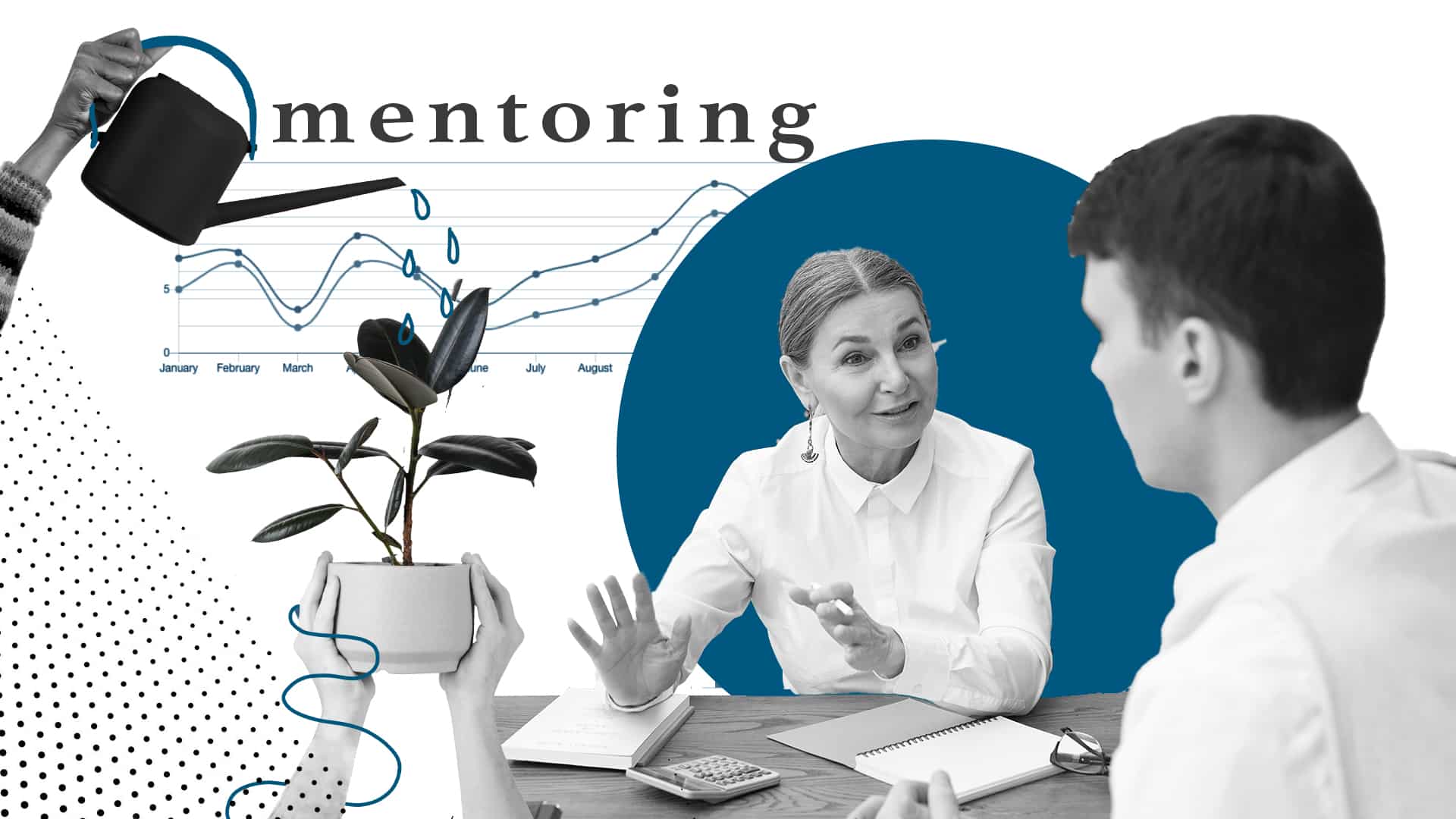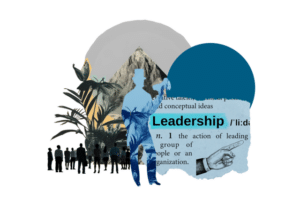A trend among companies in recent years is to implement Mentoring programs internally. We have already addressed these issues in some articles, but today, I would like to share with you some thoughts on the meaning of these programs and how to manage them efficiently.
Depending on the consulting firm that works alongside the organization, there are different implementations of these projects but most of them have one concrete value in common: connecting people within the organization to know each other, and to reflect together on issues relevant to them and the organization.
From I to We
Sometimes the organization is more in the background and the Mentoring relationship is viewed individually, as a developmental opportunity for the resource who is acting in the role of the Mentee. Other times, Mentors also recognize the value of the confrontation and how it favors their development. Infact the human being is a relational subject that develops and learns in relationship with others so a good mentoring relationship is not at all in one direction only.
This is why I propose to read mentoring programs in a wider perspective beyond the development of single individuals as systemic drivers that develop change in many subjects and on many different organizational levels contemporary. In a mentoring program value is created by the relationship between Mentor-Mentee but can also be created between Mentors, or between Mentees and, again, between the Mentor group and the Mentee group. Besides the active participants of the program there is also a relationship between the group that is participating in the program and the rest of the organization. We can give thus meaning to the “We” as an organization on many different levels in addition to the individual.
If we add this point of view, these programs can already be enhanced to develop relationality in the organization. And to shift the focus to the “We” rather than the “I”.
Programs to develop the relational infrastructure and reflexivity in the organization
The other aspect worth attention concerns the generation of new knowledge and understanding in the organization, more in general their ability to reflect on their actions and behaviours and the organisational ecosystem. I am referring to individuals stopping for a moment, connecting, comparing, and reflecting together, contributing to the circularity of information, creativity, and the generation of new ideas.
We live in organizations where ever-increasing performance is required, in ever-shorter time, with fewer and fewer people and resources, with agendas filled to the gills. The most common responses to the question “how are you?”, after the token “fine”, are “super busy”, “these days I’m busy as hell”, “…messy”, and “ah…this is a terrible time”.
And as people try to fit more and more commitments into their already full schedule, they are constantly distracted by new emails, messages on their smartphones, on Teams, on Slack, notifications of all kinds, and phone calls. And despite new tools that should make our lives easier and connect us to each other, the feeling is often loneliness.
The anxiety and pressure felt in companies are evil allies for managing the complexity that requires instead the ability to take time to stop and think before acting.
These programs that take care of the organization’s relational infrastructure and reflective capacity, which allow individuals to take time to relate to other individuals and reflect on issues relevant to them and the organization, are an antidote to the impulsive reactivity generated by frenzy and pressure.
And when anxiety and frenzy diminish in the organization, creative power and capacity for innovation increase.
These programs make sense even if we do not incorporate the mentoring methodology.
It’s easy to say mentor
S
In most mentoring programs that I know of, the individuals chosen to be mentors have not received sufficient preparation to perform this role. The risk I see is that it is left to their instincts to interpret this role, which is interpreted based on each person’s intuition of what he/she thinks a Mentor is or does.
For this, they can then deploy a whole range of behaviors from giving advice to mentees, instructing them, training them, and making judgments or guidelines for dealing with situations. Behaviors have little to do with an autonomy-oriented, developmental, reflective relationship, which is the mentoring relationship.
To act in the role of a mentor requires at least the skills of a coach as well as the skills of how to make one’s own experience and wisdom available in a generative conversation and intersubjective, autonomy-oriented relationship with the other.
I propose therefore to put the concepts of mentoring and mentors somewhat in the background if a company feels that there is not the time and budget to train mentors. The idea that in a dozen or so hours of training one would train the skills of a mentor is magical and surreal thinking. Would you accept to be supported by a coach trained in a dozen of hours? Being a mentor means learning a new role that requires a commitment to acquire new skills. It should not be improvisation.
Added to this I propose to avoid labels (mentor, mentee) that are not well understood by those who interpret them and risk creating a stereotypical relationship based on categories that people have in mind and are not functional for the relationship.
To the people who participate in the program, I propose to offer themes for reflection that are relevant to the organization and the individuals, leaving the possibility for others to emerge freely along the way. Pairing a senior and a junior person with these goals will allow generative and developmental relationships to emerge.

When to call these initiatives “mentoring programs”?
Using the words for the meaning they have, I would call Mentoring programs those in which individuals are learning to play the role of Mentor in organizations.
Mentors are experts in developing relationships and knowing how to spread a new culture or enhance an existing culture. They are engines of organizational self-development. They have skills and wisdom that, if they learn how to spread and bring out in the organization, enable the organization to move to a higher level of achievement.
Mentoring programs are strategic interventions
At a conference once, I met a corporate mentor. He was a top executive within a multinational company. In his company, 18 other colleagues have the role of mentors: some of them belong to middle management, and others to the leadership team. This person had 5 years of experience in mentoring and was qualified at the Senior Practitioner level of the European Mentoring and Coaching Council. He received 250 hours of training in 3 years and delivered more than 300 hours of mentoring in 5 years. He receives both individual supervision and group supervision with other Mentor colleagues.
In the company he works for, the Mentoring program is an established organizational development and generational transition process. The role of the mentor is officially recognized as an organisational asset that creates value.
During our meeting, he told me that this role has helped him become an effective leader, to bring out the cohesion and motivation of the organization.
The European Mentoring & Coaching Council provides 4 levels of qualification for mentors of which Senior Practioner is level 3. I propose to call mentoring programs those in which mentors start receiving at least EMCC Level 1, called Foundation, and corresponding to 20 hours of training, 4 hours of supervision, and 50 hours of practice.
The other programs, that I have called “development of the relational infrastructure and reflexivity ”relational infrastructure development and reflexivity” programs in the organization, have their honorable raison d’être and usefulness. We can call them whatever we want, but we would be confused if we called them “Mentoring programs.” They are two different tools with different purposes.
Then these programs can evolve into Mentoring programs where Mentors are properly trained at the various levels of qualification and begin to be really Mentors.
This is my reflection and my proposal. What are your thoughts on this topic? I remain available for your input.





